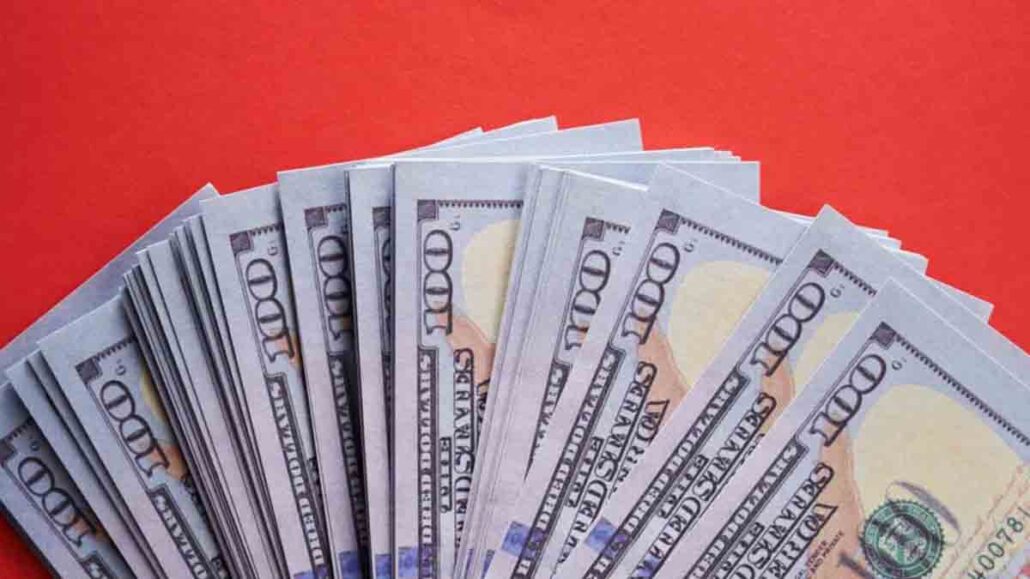What is the best yields CDs savings accounts? In today’s competitive financial landscape, maximizing your savings is paramount. One effective strategy is to explore the potential of Certificates of Deposit (CDs) and high-yield savings accounts. These financial instruments offer a balance between accessibility and potentially higher returns compared to traditional savings accounts. By understanding the nuances of CDs and savings accounts, you can make informed decisions to grow your wealth and achieve your financial goals. This article will delve into the key factors to consider when selecting the best CD or savings account that aligns with your specific needs and risk tolerance.

Understanding CDs and High-Yield Savings Accounts
Certificates of Deposit (CDs)
CDs are time-deposit accounts that offer a fixed interest rate for a specific term. Once you deposit your money, it’s typically locked in for the duration of the term. If you withdraw funds early, you may face penalties.
High-Yield Savings Accounts
These accounts offer higher interest rates than traditional savings accounts. They often have minimal minimum balance requirements and allow you to withdraw funds as needed
Key Differences
| Feature | CDs | High-Yield Savings Accounts |
| Term | Fixed | No fixed term |
| Interest Rate | Generally higher | Slightly lower than CDs |
| Liquidity | Less liquid (penalties for early withdrawal) | More liquid |
| Risk | Lowe (fixed interest rate) | Slightly higher (market fluctuations can impact rates) |
| Early Withdrawal Penalty | Often includes a penalty | Usually, no penalty |
| Accessibility | Funds are typically locked in for the term | Funds can be withdrawn at any time |
Factors to Consider When Choosing
- Time Horizon: If you have a specific savings goal in mind, a CD can be a great option. The fixed term ensures your money stays invested until you need it.
- Risk Tolerance: CDs offer a lower risk profile, making them suitable for those who prioritize stability. High-yield savings accounts, while slightly riskier, offer more flexibility.
- Liquidity Needs: If you need frequent access to your funds, a high-yield savings account is a better choice. CDs can be less flexible, especially if you need to withdraw money before the term ends.
- Interest Rate Sensitivity: If you’re concerned about interest rate fluctuations, a CD can provide a more predictable return. However, high-yield savings accounts may offer competitive rates during periods of rising interest rates.
Best High-Yield CDs and Savings Accounts
High-Yield CDs
- Synchrony Bank: Known for its competitive rates and no minimum deposit requirement.
- Marcus by Goldman Sachs: Offers a wide range of terms and competitive yields.
- Ally Bank: Provides high-yield CDs with a user-friendly online platform.
- CIT Bank: Offers competitive rates and a variety of term options.
- Discover Bank: Known for its high-yield CDs and customer-centric approach.
High-Yield Savings Accounts
- Ally Bank: Offers a high-yield savings account with no minimum balance and online access.
- Capital One 360: Provides a high-yield savings account with competitive rates and no monthly fees.
- Discover Bank: Offers a high-yield savings account with a competitive APY.
- CIT Bank: Provides a high-yield savings account with a competitive interest rate.
- Marcus by Goldman Sachs: Offers a high-yield savings account with no minimum balance and competitive rates.
Best Practices for Finding High-Yield Accounts
1. Online Research:
- Comparison Websites: Utilize financial comparison websites to quickly compare rates from various banks and credit unions.
- Bank Websites: Directly visit the websites of reputable banks and credit unions to check their current offerings.
2. Consider Online Banks:
- Higher Rates: Online banks often offer higher interest rates compared to traditional brick-and-mortar banks due to lower overhead costs.
- Convenience: Online banking provides easy access to your accounts and convenient tools.
3. Read Reviews and Testimonials:
- Customer Experience: Gather insights into the customer experience and reputation of different financial institutions.
4. Check for Fees:
- Hidden Costs: Be aware of any monthly fees, maintenance fees, or minimum balance requirements that could reduce your overall earnings.
5. Monitor Rates Regularly:
- Market Fluctuations: Interest rates can change frequently. Stay informed about market trends to ensure you’re getting the best possible deal.
6. Consider CD Ladders:
- Risk Management: For a more balanced approach, consider investing in a CD ladder, where you stagger the maturity dates of your CDs to minimize interest rate risk.
7. Stay Informed:
- Financial News: Keep up-to-date with financial news and trends to make informed decisions.
Frequently Asked Questions
Which has a higher interest rate, a CD, or a high-yield savings account?
Generally, CDs offer higher interest rates than high-yield savings accounts due to their fixed-term nature. However, the specific rates can vary depending on market conditions and the financial institution.
Can I withdraw money from a CD early?
Yes, you can withdraw money from a CD early, but you may face penalties. These penalties can vary depending on the financial institution and the term of the CD.
Are CDs FDIC-insured?
Yes, CDs are typically FDIC-insured, providing protection for your deposits up to $250,000 per depositor, per bank.
How do I choose the best CD or high-yield savings account?
Consider your time horizon, risk tolerance, liquidity needs, and interest rate sensitivity. Research different financial institutions to compare rates and terms.
Conclusion
Whether you choose a CD or a high-yield savings account depends on your individual financial situation and goals. By understanding the key differences and considering the factors discussed above, you can make an informed decision and maximize your savings potential.

